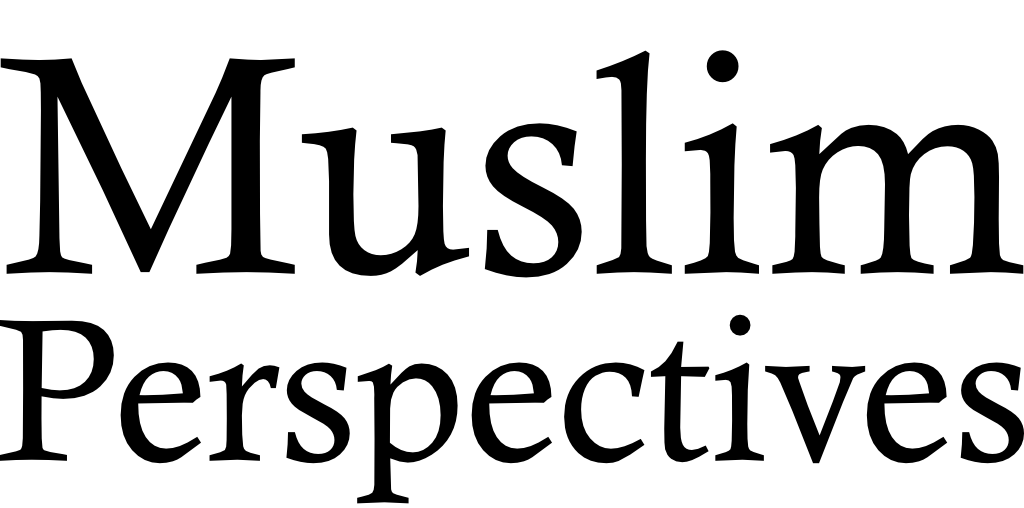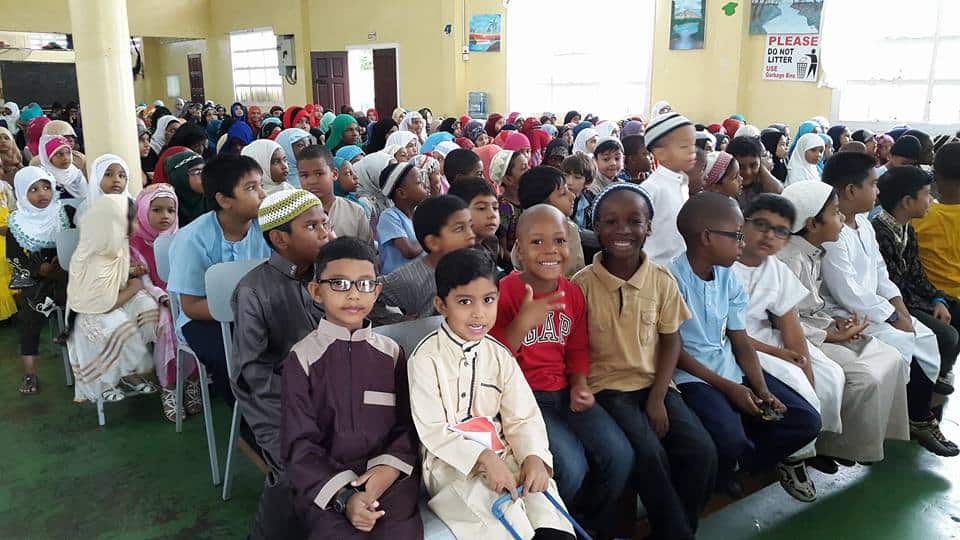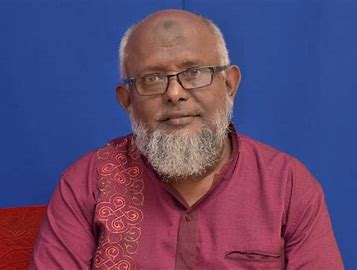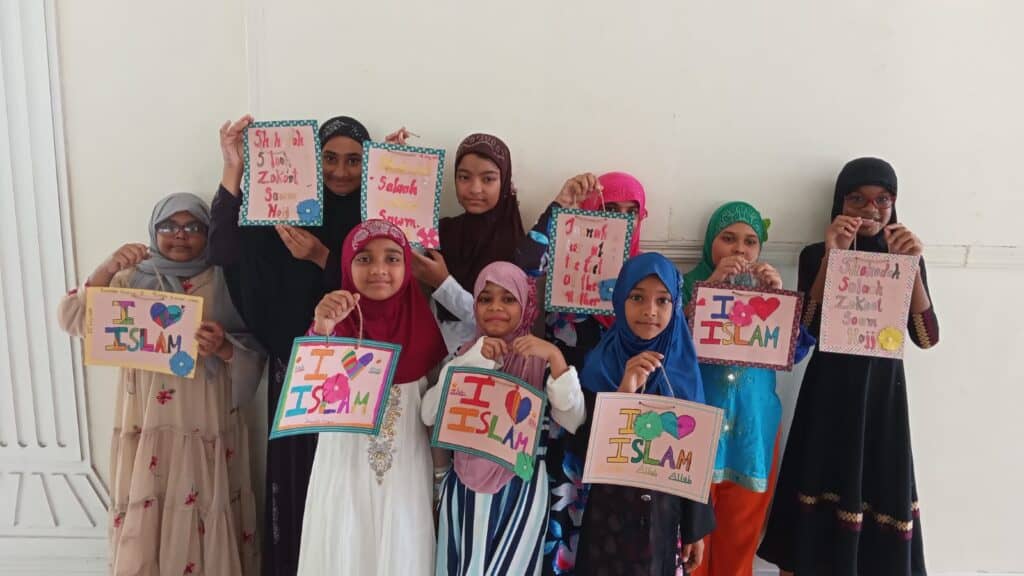The winds of change are blowing with an intensity never seen before. The age of modernism has faded, giving way to a transformative era of global shifts. Those living today are witnessing more monumental changes than any generation since the Copernican Revolution—or perhaps since the fall of ancient Rome. Renowned thinkers such as Oswald Spengler, Arnold Toynbee, and Pitirim Sorokin have observed that sweeping transformations in ethics, arts, sciences, and philosophy point to a “grand tidal transformation,” signaling the decline of modern civilization. They contend that as civilizations falter, “leaders lose their way, and the masses drift passively, gripped by a cynical sense of life spiraling out of control.”
Toynbee warned that technological progress and material comfort are insufficient to sustain civilization. He challenged humanity to confront the “hollowness” of modern values, calling for soul-searching and a return to reverence for life. Only by adopting such a stance, he argued, can a “vital reawakening” occur.
Today, the very essence of meaning is under siege. Many individuals and communities are searching for purpose in the chaos. The postmodern world is not merely experiencing a temporary disturbance—it is enduring a seismic upheaval. This disruption profoundly affects the Muslim Ummah, particularly its youth. The challenges they face are staggering, demanding urgent reflection and decisive action.
Muslim Youths: Between Faith and Modernity
Muslim youth are increasingly caught in a precarious balance between Islam and disbelief. Globally, many are drifting toward atheism or agnosticism. In Guyana, while outright rejection of faith is rare, Islam is often reduced to a cultural or familial tradition. Parents are overwhelmed, and unsure of how to guide their children. Many Muslim leaders and educators, though well-meaning, lack the tools to address the complexities of postmodern life. This paper seeks to explore actionable steps to salvage and empower Muslim youth in Guyana, In shaa Allah.
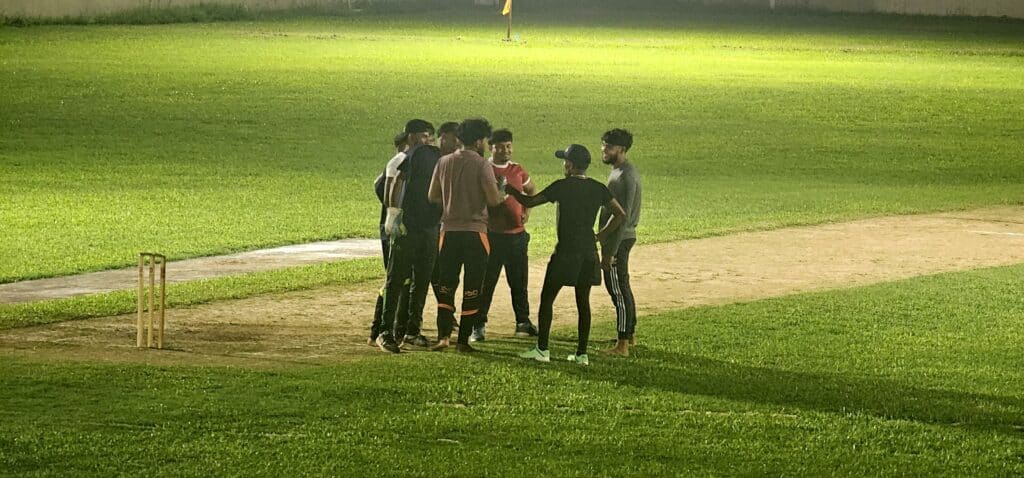
Reimagining Our Role in Society
Guyana’s emergence as an oil and gas-producing nation has drawn diverse multinational corporations and migrants from across the globe. This influx brings new cultures, religions, and perspectives into Guyanese society. Brazilian and Venezuelan migrants, among others, are reshaping the cultural landscape. In this evolving context, Muslim youths must navigate intercultural interactions as neighbors, colleagues, and entrepreneurs.
Technological advancements have further redefined human connectivity. The boundaries separating nations are dissolving in the face of global telecommunications, artificial intelligence, and robotics. People from across the globe now share economic, cultural, and social spaces, creating challenges and opportunities for Muslims to reimagine their role in society.
Preparing for a Globalized Future
The future Muslim community in Guyana will likely reflect a kaleidoscope of cultural diversity, values, and aspirations. This diversity, while enriching, poses challenges that must be proactively addressed. Among these, the evolving role of women will be a focal point, requiring thoughtful engagement and understanding.

The dominant metaphysical question is—”Who are we?” “What kind of universe do we inhabit?” “What is ultimately important?”—will profoundly reshape institutions and social structures. Central to this transformation will be the exploration of values, as society transitions from scientific materialism toward a more integrative worldview. Muslims must approach this shift as an opportunity to foster a renewed, vibrant Islamic identity.
The life and teachings of the Prophet Muhammad (peace be upon him) provide a timeless framework for addressing such challenges. His approach was revolutionary, empowering individuals regardless of age or status. Examples such as Mus’ab ibn Umayr, Usama ibn Zaid, and Aisha (may Allah be pleased with her) illustrate how the Prophet entrusted significant responsibilities to the youth, enabling them to lead and grow.
Strategies for Youth Empowerment:
1. Reinforcing Belief (Aqeedah):
Youths must be encouraged to explore Allah’s signs in creation, cultivating awe and humility. This approach will help them develop a deep connection to their Creator, strengthening their faith.
2. Focusing on Islamic Practices:
Acts of worship such as Salah, fasting, Zakah, and Hajj must be taught as emotional and spiritual journeys. These practices foster a profound relationship with Allah and instill discipline, gratitude, and community spirit.
3. Understanding Relationships:
Youths should learn the importance of relationships at home, in their communities, and in workplaces. Emphasis on Islamic principles of love, care, and mercy can guide them in building harmonious interactions.
4. Empowering Women:
With women playing increasingly prominent roles in education, work, and leadership, it is crucial to educate youth about gender roles from an Islamic perspective, free from cultural biases. This understanding will help them navigate modern realities with clarity and respect.
5. Da’wah as a Priority
As Guyana’s Muslim population grows through migration, dawah efforts must become central to community life. Youths should be at the forefront, sharing Islam’s message with wisdom, compassion, and conviction.
In this era of rapid change, Muslim youths must be equipped to embrace their identities with confidence and adaptability. By instilling a robust Islamic worldview, fostering leadership skills, and encouraging critical thinking, the Muslim community can prepare its youth to lead with integrity and purpose.
The future of Islam in Guyana will depend on the collective efforts of its people to embrace diversity, empower their youth, and uphold the teachings of the Prophet Muhammad (peace be upon him). Together, we can create a vibrant, inclusive, and impactful community that is a beacon of hope and inspiration for all.
References
1. Al-Farooqi, Ismail Raji, and Lois Lamya Al-Farooqi. The Quran and the Sunnah. International Institute of Islamic Thought, London, 2014.
2. Sardar, Ziauddin, ed. The Postnormal Times Reader. International Institute of Islamic Thought & Centre for Postnormal Policy & Futures Studies, London, 2019.
3. Sardar, Ziauddin. Muslim Societies in Postnormal Times. International Institute of Islamic Thought & Centre for Postnormal Policy & Futures Studies, London, 2019.
4. Srivastava, Suresh, and David Cooperider, eds. Appreciative Management and Leadership. Williams Custom Publishing, Ohio, 1999.
5. Stavros, Jacqueline M., and Cheri B. Torres. Dynamic Relationships. Taos Institute, Ohio, 2005.
6. The Holy Quran.
